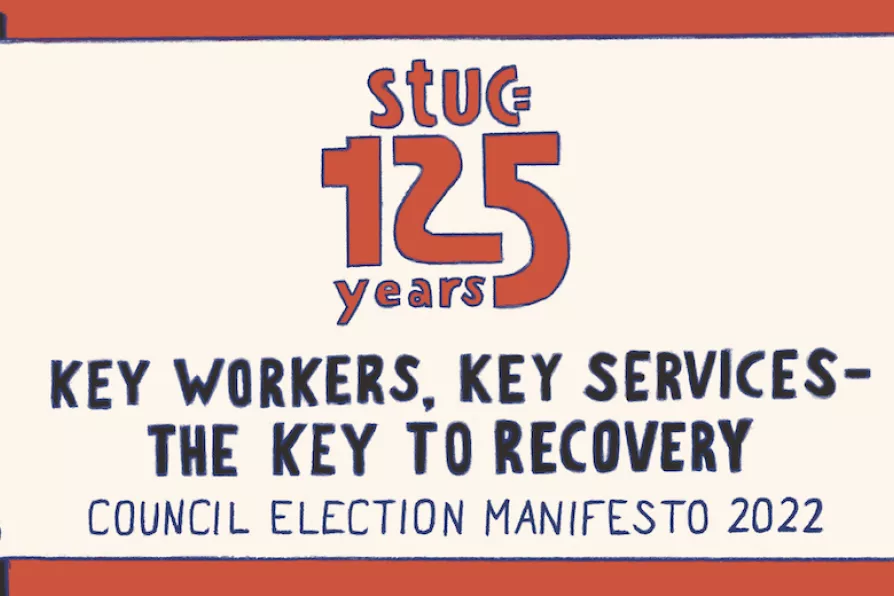CHRISTOPHE DOMEC speaks to CHRIS SMALLS, who helped set up the Amazon Labor Union, on how weak leadership debilitates union activism and dilutes their purpose


THE 125th STUC Congress currently meeting in Aberdeen has an impressive progressive agenda that will build on the STUC existing strategy document For a People’s Recovery.
The composite on finance and taxation policy focuses on the tough times ahead for our public services.
The Tory government has decreed virtually level funding for Scotland for the three years to 2024, in face of record inflation.

As bus builder Alexander Dennis threatens Falkirk closure and Grangemouth faces ruthless shutdown by tax exile Jim Ratcliffe, RICHARD LEONARD MSP warns that global corporations must be resisted by a bold industrial strategy based on public ownership

From Workers’ Memorial Day to May Day rallies, TOM MORRISON examines the real challenges facing the labour movement as Reform UK’s glossy literature exploits legitimate grievances in traditional left strongholds

Congress can chart a bold course that will force meaningful transformation for the people of Scotland










